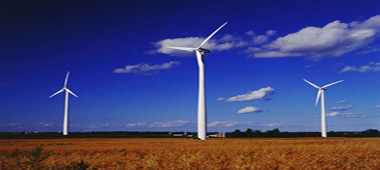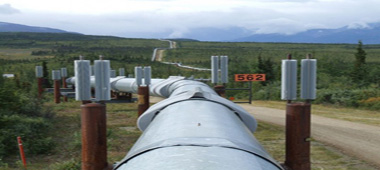ENKO 2012
ENKO 2012 or the 19th energy congress that took place in Bratislava was broadly covering many current energy issues. Moreover, the end of the official programme of the first day of the congress was connected to the celebratory act (as this has become a tradition over the last few years), when the ENKO award for the life time contribution to the energy field was handed over to Mr. Jozef Mišák, the first Chairman of the Nuclear Regulatory Authority of the Slovak Republic. Invited speakers and their presentations were on the programme throughout the day. A Panel dedicated to the “Black-out in the Central Europe – Fiction or a Real Threat” presented the attitudes of František Pecho (Director of Dispatch Centre, SEPS, Bratislava), Miroslav Vrba (Member of the Board of Directors, ČEPS, Prague) and Konrad Purchala (Director, Market Development, Polskie Sieci Elektroenergetyczne Operator S.A., Konstancin Jeziorna). While being experts on transition grids, the gentlemen mentioned above could inspiringly contribute to the debate and discuss a number of interesting scenarios that were raised by the audience. Mr. Pecho addressed the critical situation of the power grid in Slovakia; he explained its causes as well as the risks that it can pose for potential black-outs. Mr. Vrba discussed the critical situation in the Czech Republic, which occurred in December and February. He stressed that such critical situation could put the whole region under threat. Mr. Purchala identified the improvement of current market design as a possible solution for the situation. Steps and measures (those most often being used, but even those that are quiteutopic) that might be taken to prevent critical situations were also discussed by the speakers. It could be said that it was generally understood that the risk of the black-out is of considerable size and that, to large extent the daily work of the grid operators is about avoiding potential black-outs.. A black-out is not tolerable in fact as the losses would be enormous, even incalculable. To sum up, the concept of moving towards more European attitude and approach to addressing these issues was also mentioned. Following panel was called: “Risks and Benefits of the Various Energy Strategies; The Presence and the Future; Conflict or Partnership?” Konstantin E. Jacoby, independent consultant (Energy – Eastern Europe), Germany, presented on the issue: Question to Energy Turnaround: “Is It Really That Green as Promised?” Last but not least, Pavol Široký, climate campaigner, Greenpeace Slovakia, presented his rather opposing attitude (while compared to the others) and had a presentation about: Energy and climate change – reversible or irreversible processes?”
The second day of the congress included an afternoon panel and this was focused on nuclear energy. Generation III+ reactors and generation IV reactors were discussed during this panel. The Slovak perspective on the situation following Fukushima was presented and nuclear power plants in Mochovce and Jaslovské Bohunice were in the spotlight as well (especially the stress tests that took place after Fukushima accident). Moreover, the research that has been done after this accident was mentioned and the results of it were said to be implemented in the future functioning of the power plants. To conclude, the issues mentioned above were just a very brief example of the overall discussions, ideas and presentations that were held on the congress. Several other speakers expressed their interesting and innovative ideas and shared their knowledge at ENKO.
Mária Chudá



